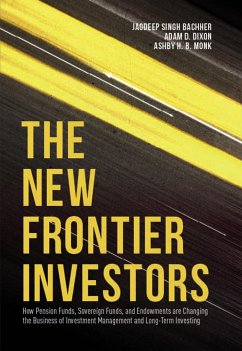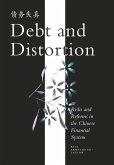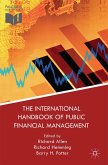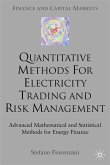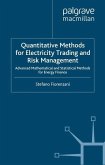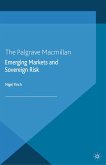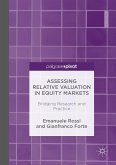Whoholds the power in financial markets? For many, the answer would probably bethe large investment banks, big asset managers, and hedge funds. These are theorganizations that are in the media's spotlight and whose leaders and employeescommand outsized salaries and bonuses. They are the supposed leading edge ofglobal finance and their power seems almost absolute, even as questions aboundabout their social and economic utility. But more and more asset owners areconfronting the status quo, the power to exact high fees and the focus on theshort term. The New Frontier Investorschronicles the rise of this new group of long horizon asset owners thatincludes some of the world's largest pension funds, sovereign wealth funds, andendowments. These asset owners are driving the business of asset management toa new frontier by retaking responsibility of the end-to-end management of theirinvestment portfolios and by re-conceptualizing investment decision-making.
Thelessons illustrated in The New FrontierInvestors fly in the face of conventional wisdom, which has it that theseasset owners are at a disadvantage to the private sector fund managers andother service providers. These asset owners are supposedly not able to attracttalent nor do they have the organizational capabilities to compete. That many arelocated far from the markets in which they invest only exacerbates the problem.But this is incorrect. This expanding group of asset owners is learning how tomake the most of their scale and long time horizons, finding new ways toattract talent, to collaborate, and to build greater alignment with the usersof capital. They are not at a disadvantage. They are at an advantage.
The New FrontierInvestorsis essential reading for anyone wanting to see a change in global financialmarkets and the professionalization of asset owners worldwide, from publicpension funds and sovereign wealth funds to foundations and endowments. It isthus required reading forthe senior executives and employees working in thefield of beneficiary institutional investment, as well as government officialsand others that have a stake in the design and governance of beneficiaryfinancial institutions and long-term capital.
Hinweis: Dieser Artikel kann nur an eine deutsche Lieferadresse ausgeliefert werden.
Thelessons illustrated in The New FrontierInvestors fly in the face of conventional wisdom, which has it that theseasset owners are at a disadvantage to the private sector fund managers andother service providers. These asset owners are supposedly not able to attracttalent nor do they have the organizational capabilities to compete. That many arelocated far from the markets in which they invest only exacerbates the problem.But this is incorrect. This expanding group of asset owners is learning how tomake the most of their scale and long time horizons, finding new ways toattract talent, to collaborate, and to build greater alignment with the usersof capital. They are not at a disadvantage. They are at an advantage.
The New FrontierInvestorsis essential reading for anyone wanting to see a change in global financialmarkets and the professionalization of asset owners worldwide, from publicpension funds and sovereign wealth funds to foundations and endowments. It isthus required reading forthe senior executives and employees working in thefield of beneficiary institutional investment, as well as government officialsand others that have a stake in the design and governance of beneficiaryfinancial institutions and long-term capital.
Hinweis: Dieser Artikel kann nur an eine deutsche Lieferadresse ausgeliefert werden.

